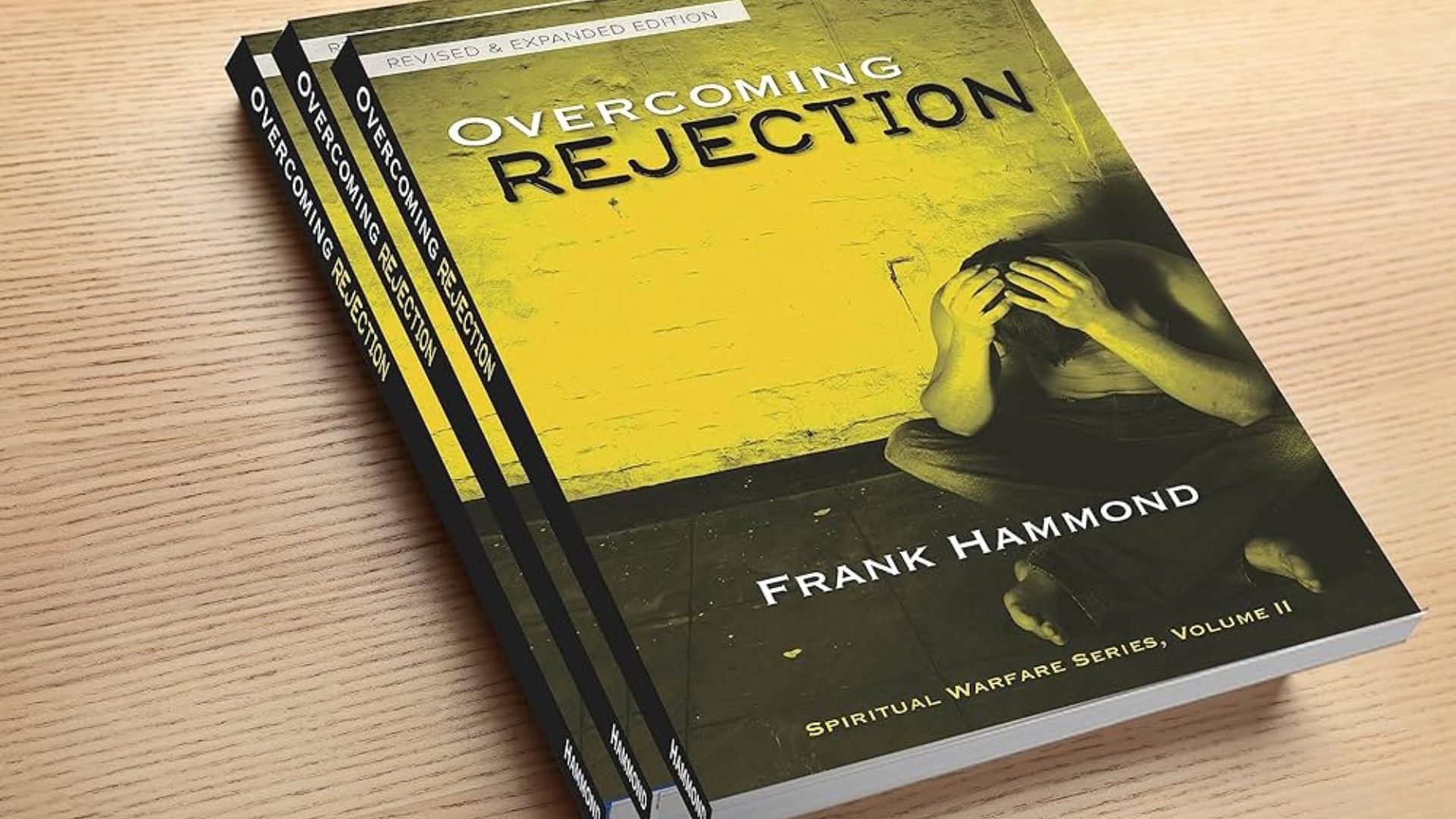Criticism and rejection are inevitable parts of an author’s journey. Whether it’s a harsh review, a form rejection from an agent, or a lack of recognition from the public, every writer faces moments when their work is met with negative feedback. For many, these setbacks can feel deeply personal and discouraging. However, learning how to navigate criticism and rejection is crucial for any writer who aims to thrive in the world of literature. In this article, we’ll explore strategies that authors use to handle rejection, learn from criticism, and maintain their motivation. By understanding how successful writers bounce back from setbacks, you can apply these techniques to your own writing journey and continue to grow despite the inevitable obstacles.

Understanding Rejection as Part of the Process
Rejection is a universal experience for authors at all stages of their careers. Every famous writer has faced rejection, from J.K. Rowling to Stephen King. The key to overcoming it is reframing rejection as part of the process, not as a reflection of personal failure.
Rejection is Not Personal
It’s easy to take rejection personally, but the truth is that most rejections are based on business decisions, not the quality of your writing. Publishers, agents, and editors are looking for work that fits specific market needs, and that doesn’t always mean your manuscript isn’t good. Rejection could simply be a matter of timing or a mismatch between your work and the publisher’s current list.
- Example: J.K. Rowling’s Harry Potter was rejected by numerous publishers before it became the global phenomenon it is today. The rejection wasn’t about the quality of the writing—it was about the market at the time.
Rejection Is a Learning Opportunity
Instead of seeing rejection as an insurmountable roadblock, authors can view it as an opportunity for growth. Some rejections come with feedback—whether it’s a note from an editor or comments from a beta reader. Even if no feedback is provided, rejection can prompt self-reflection and the opportunity to improve your craft.
Many authors keep their early rejection letters as reminders of how far they’ve come and to maintain perspective when new setbacks arise.
Every author faces criticism at some point, but learning to navigate feedback is what separates amateurs from professionals. The mental resilience required mirrors the strategic thinking needed in competitive fields.
Just as writers must research their markets thoroughly, savvy individuals in other arenas know preparation is key. For those interested in strategic approaches to maximizing opportunities, you can explore the full guide to how to claim the best casino promotions for insights into securing optimal conditions.
Handling rejection constructively allows authors to refine their craft with each setback. This growth mindset turns potential defeats into stepping stones toward mastery and eventual success in the literary world.
Turning Criticism into Constructive Feedback
Criticism, especially when it feels harsh or uncalled for, can be difficult to process. However, authors who succeed in the long run are those who can transform criticism into something positive. Instead of viewing it as an attack, successful authors see it as an opportunity to grow, refine their craft, and make their work stronger.
Separate Yourself from Your Work
It’s essential to remember that criticism is aimed at your work, not at you as a person. This mental shift allows authors to take feedback more objectively. Recognizing that writing is a process and that it can always be improved helps prevent an overly emotional reaction to negative comments.
- Tip: Take time before responding to criticism or reviews. Stepping away for a day or two allows you to view the feedback more rationally.
Analyze Criticism Constructively
When you receive criticism, don’t rush to dismiss it. Instead, try to understand the specific points being made. What is the reviewer or critic actually saying? Is there a common thread in the feedback you’ve received? If multiple readers or editors point out the same issues, it’s worth taking a closer look at those aspects of your work.
- Example: If a critique mentions that the pacing in your novel feels slow in certain chapters, instead of feeling discouraged, focus on refining those chapters and improving your storytelling flow.
Use Criticism as a Guide for Improvement
Every piece of criticism provides valuable insights into areas where your writing can improve. Whether it’s feedback on character development, pacing, plot structure, or writing style, use the advice to revise and enhance your work. The most successful authors are those who approach criticism as a tool for evolution, not as a blow to their self-esteem.
Building Resilience Through Repeated Setbacks
The ability to bounce back from rejection and criticism is key to a writer’s long-term success. This resilience doesn’t come automatically; it’s built over time through consistent effort, self-reflection, and a positive mindset.
Conclusion
Criticism and rejection are challenging, yet they are an inescapable part of every writer’s journey. How you respond to these setbacks will ultimately determine your growth and success. By reframing rejection as a learning opportunity, using criticism to improve your craft, building resilience through repeated challenges, and staying focused on the joy of writing, you can overcome the emotional hurdles that come with being an author.









